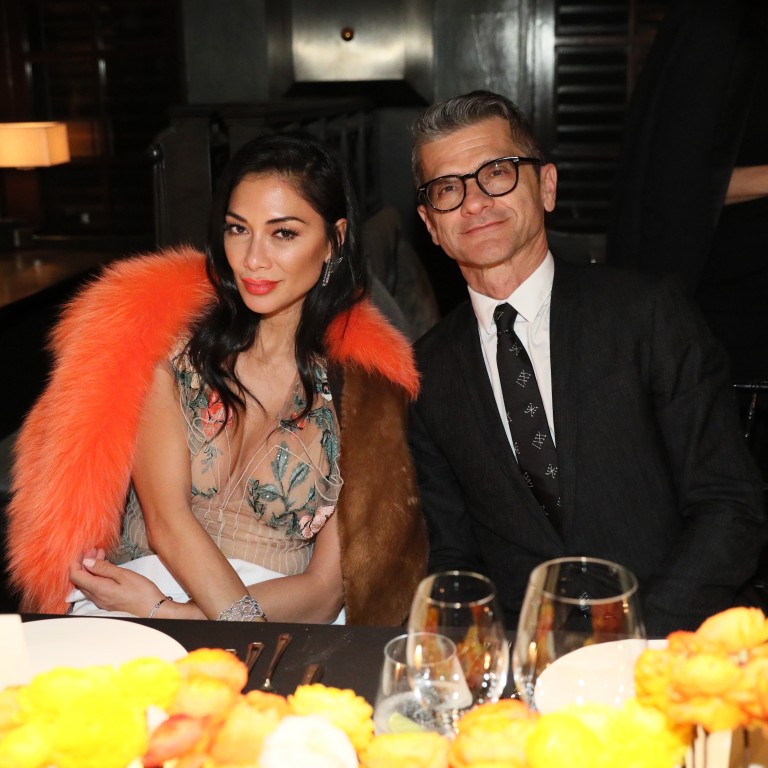
Fendi after Karl Lagerfeld: Italian label’s CEO Serge Brunschwig relaxed about its future
- LVMH veteran Brunschwig talks about political correctness, why Fendi still sells fur, and how young shoppers drive the business
- After 54 years as creative director, Lagerfeld’s death has left a huge gap, but the Frenchman remains calm and positive about the future
When Serge Brunschwig became CEO of Fendi in 2018, little did he know that a year into his tenure, the Italian brand would face one of the biggest challenges in its 94-year history.
Venturini Fendi, as her name suggests, is the daughter of one of the five sisters who built Fendi into one of the top fashion brands in the world, before selling the company to Prada and LVMH in 2000 (LVMH took over the entire brand the following year).
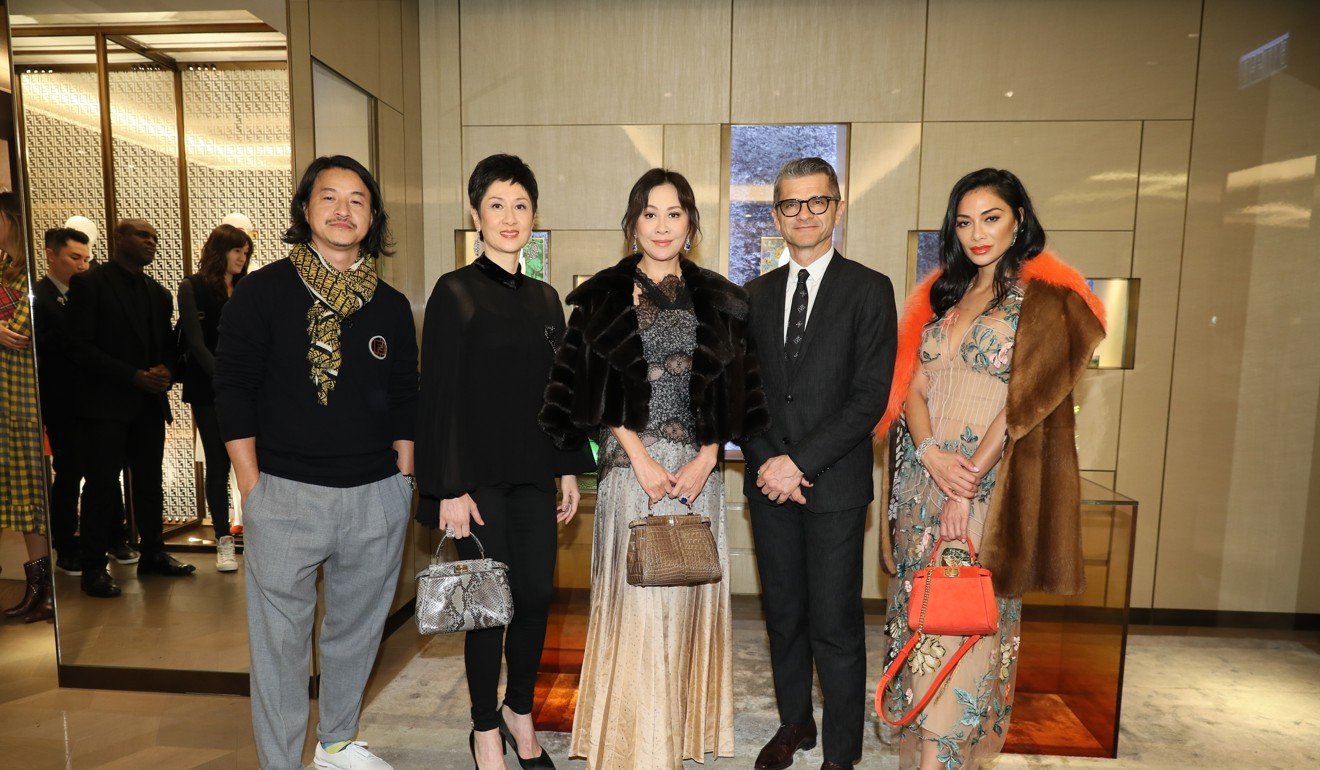
“Then I moved back to Paris and I was French again. I don’t see a distinction. I am where I am. My professional experience has always been about listening, not imposing anything,” he adds.
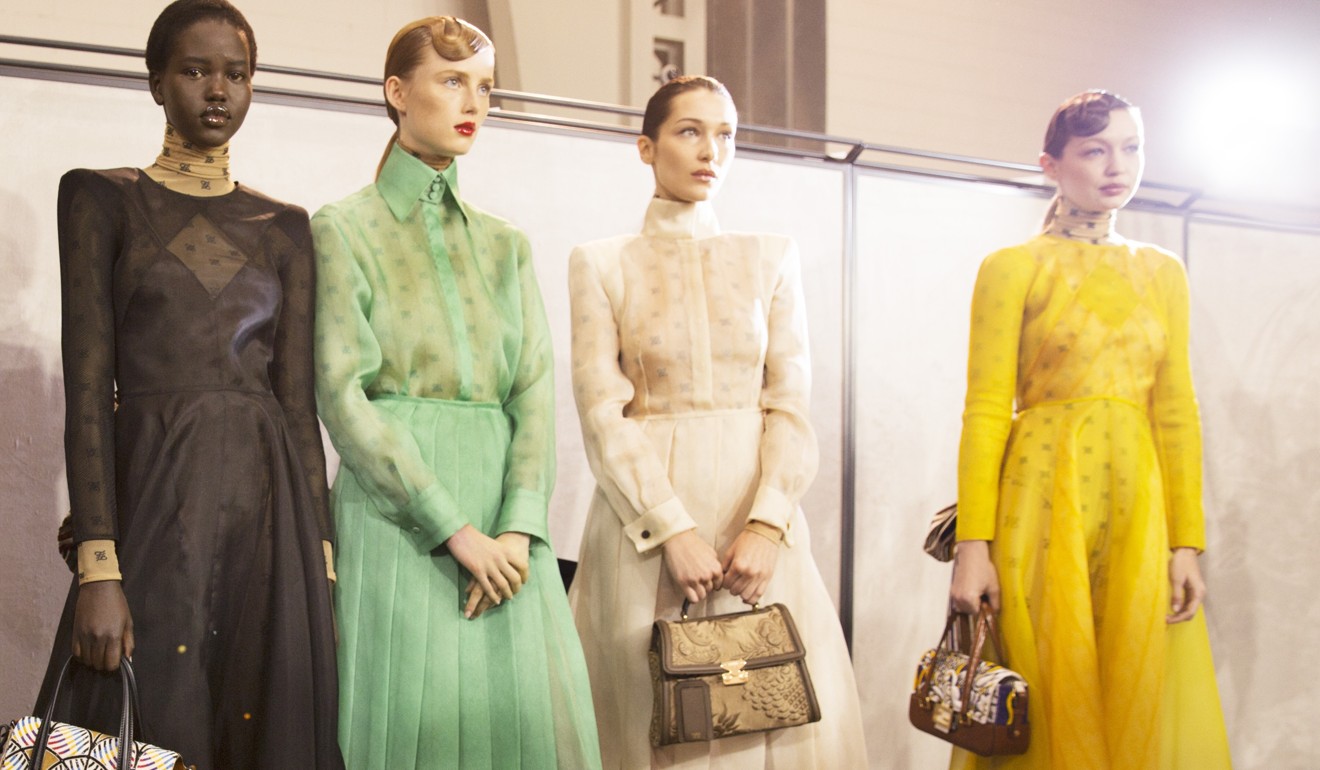
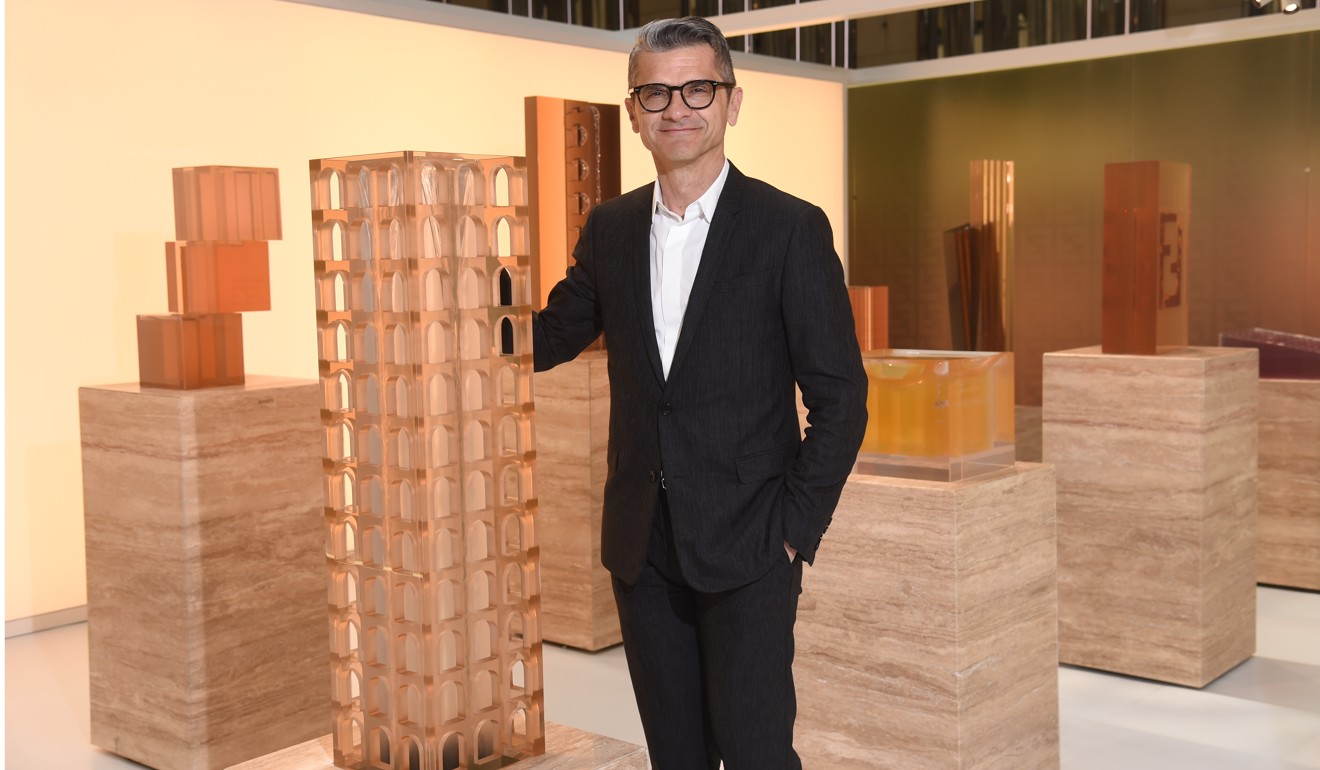
“The world is a bit sensitive at this moment, maybe a bit too politically correct, so maybe we have to continue to be globally politically incorrect so we don’t offend anyone by offending everybody,” says Brunschwig, half-jokingly.
“Fendi is a women’s brand, [built] by five sisters. They were all strong women but still not the dominant culture, so they were outsiders and being in that position, that puts you almost on the right side of things.”
Referring to Lagerfeld’s last campaign, which featured African models, Brunschwig explains that it wasn’t a calculated decision to pay lip service to the recent wave of inclusivity sweeping the industry. “We didn’t do it with that in mind,” he says. “We just felt that these girls were the most beautiful ladies to work with.”
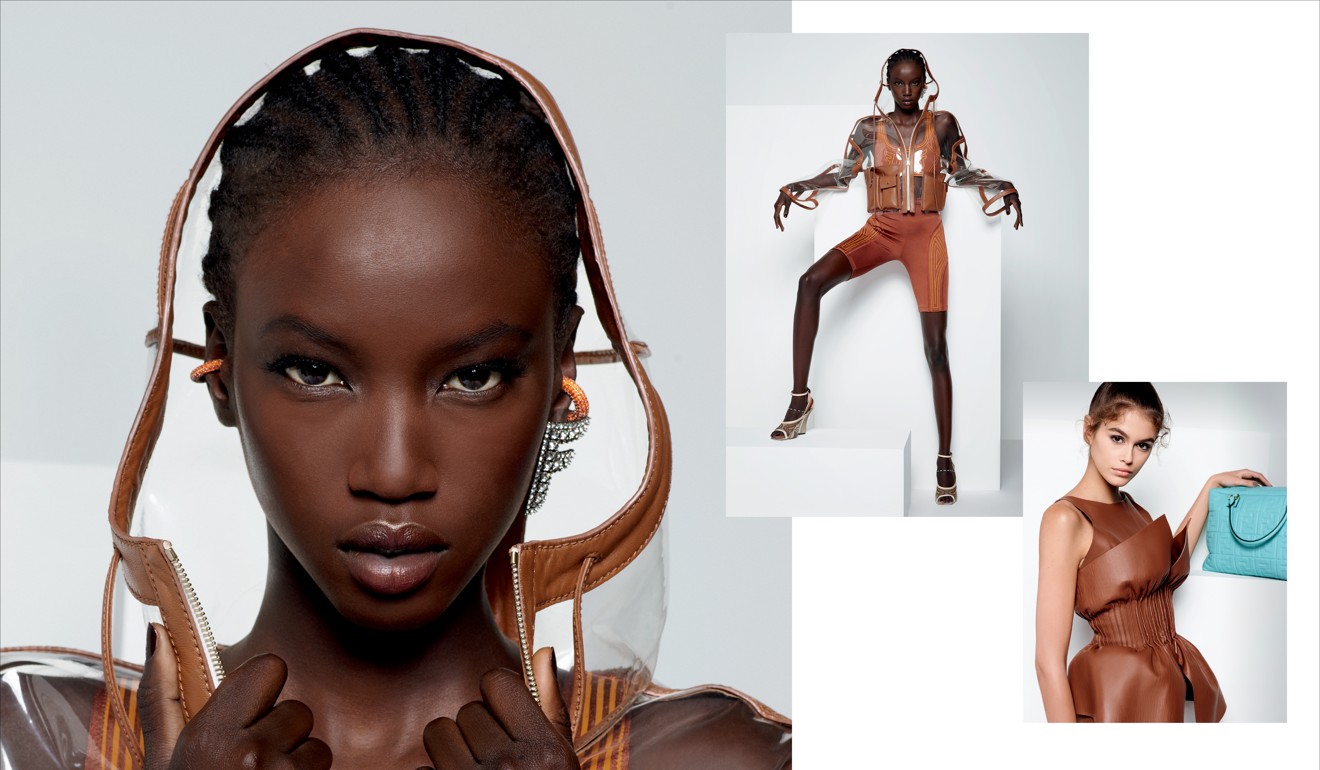
Keeping Fendi relevant while staying true to the brand’s DNA is one of Brunschwig’s challenges as a luxury CEO, but he believes that targeting consumers, whether by market or age group, is not the right approach. “We broadcast one message globally,” he says. “What we’re doing is in the air du temps, attuned to what’s happening but it’s about what’s interesting to everybody, not just millennials or consumers from one single market.”
Whether you like it or not, however, young shoppers from countries such as China are the driving force in luxury. Recent initiatives such as the Fendi Mania collection, in which the Fendi logo was redesigned to look like that of sportswear brand Fila, have proven huge hits with millennials, who have embraced Fendi and competitors such as Gucci wholeheartedly, particularly online.
“There’s no limit to what we can do online. Customers know us well enough that they’re comfortable shopping from home, but stores are very important because shopping with someone dedicated to you is a wonderful experience. This is going to become rarer because, as more people shop online, stores are going to become more precious,” says Brunschwig.
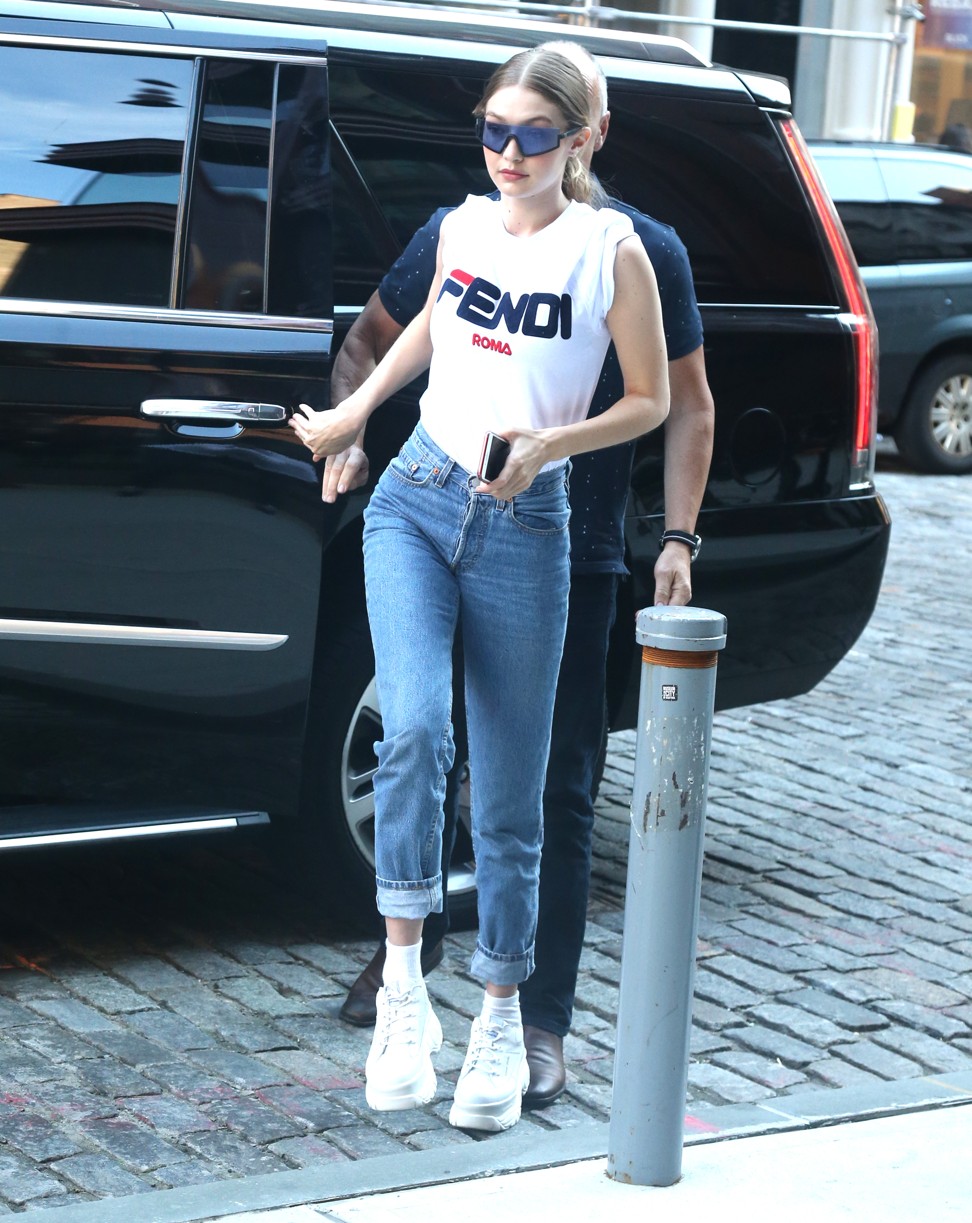
“Online will grow and will help develop the business, creating opportunities for great stores offering a fantastic experience with well-trained staff that can offer beautiful moments to clients.”
Those moments, however, are not limited to selling the bags and shoes that have always been the bread and butter of luxury labels.
Brunschwig emphasises that Fendi has been a pioneer when it comes to creating experiences. From early forays into hospitality to events at Art Basel in Miami and more recently in Hong Kong, where the house hosted an exhibition named The Shape of Water, Fendi has always made a point of updating its image and never taking itself too seriously.
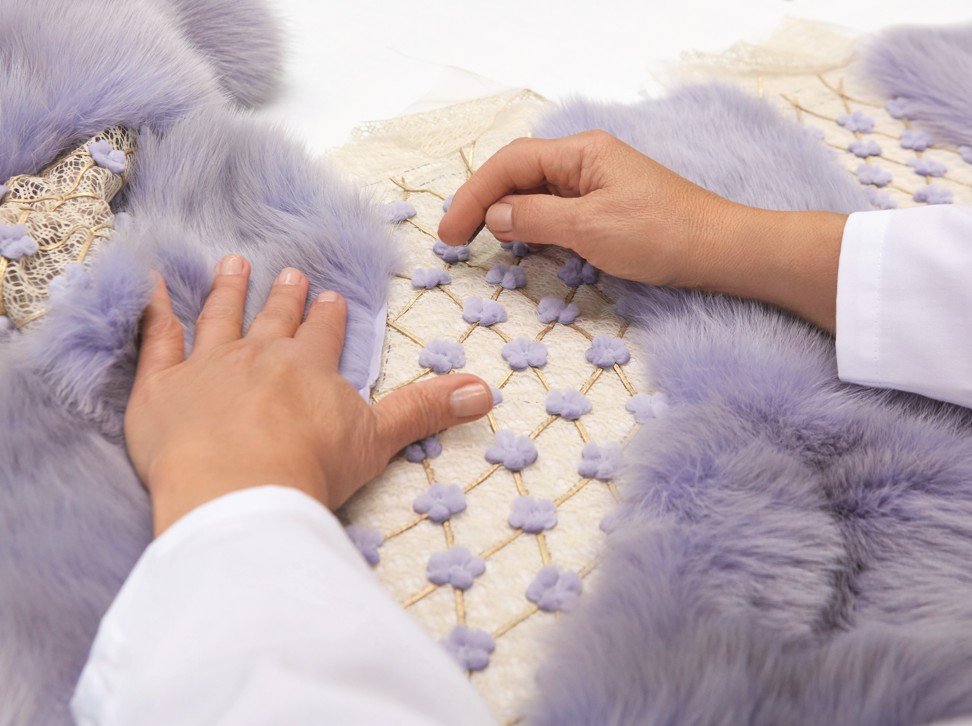
“I often look at some of our competitors and think, ‘Wow, this is serious fashion.’ Why?” says Brunschwig. “Our team always twists and invents new ways of doing things to bring fun to the house.”
The double F Fendi logo, created by Lagerfeld in 1965, does indeed stand for “Fun Fur”, which brings us to another very important, and recently slightly controversial, aspect of Fendi: its heritage as a furrier.
As brands left and right announce fur bans, one can’t help wondering how Brunschwig views this widespread anti-fur sentiment.
I often look at some of our competitors and think, ‘Wow, this is serious fashion.’ Why?
“We’re dealing with something that’s beyond rational,” he says. “When using a piece from an animal, we’re not doing something abnormal but continuing a tradition started by mankind in prehistoric times.
“What is new and bad is using petrol to make PVC and other materials, something that started 50 years ago and is polluting the planet in a big way. Using natural animal skin is not doing that. We buy certified fur and certification means protection of animal welfare and there’s no cruelty.”
He adds that fur sales have been stable worldwide, not just in China, historically one of the top fur markets, and that the company this year is debuting Fendi Craft, a travelling exhibition of artworks made in collaboration with graffiti artists using pelts of various kinds.
The question on everyone’s mind right now, however, is that of succession.
While LVMH doesn’t break out figures for each of its brands, Fendi has been one of its top performers, which means that the powers that be, including LVMH owner Bernard Arnault, are likely to have a say in what happens after Lagerfeld’s death.
“We’re approaching this with calm. People can wait,” says Brunschwig. “I don’t feel any pressure because it’s important that we make the right decision. We lost Karl, but in the meantime our teams are working on the upcoming collections. We still have one half of our creative team in Silvia. We have the resources inside the house.”
So will Fendi stay true to its disruptive nature at this momentous time or opt for continuity?
“By nature, we like disruption but we already can do that within ourselves,” says an elusive Brunschwig when pressed on the matter. “We have the luxury of time. The leadership is now cut in half but we have a very important half, so we will be taking our time. We’re fortunate that we don’t have to rush.”

